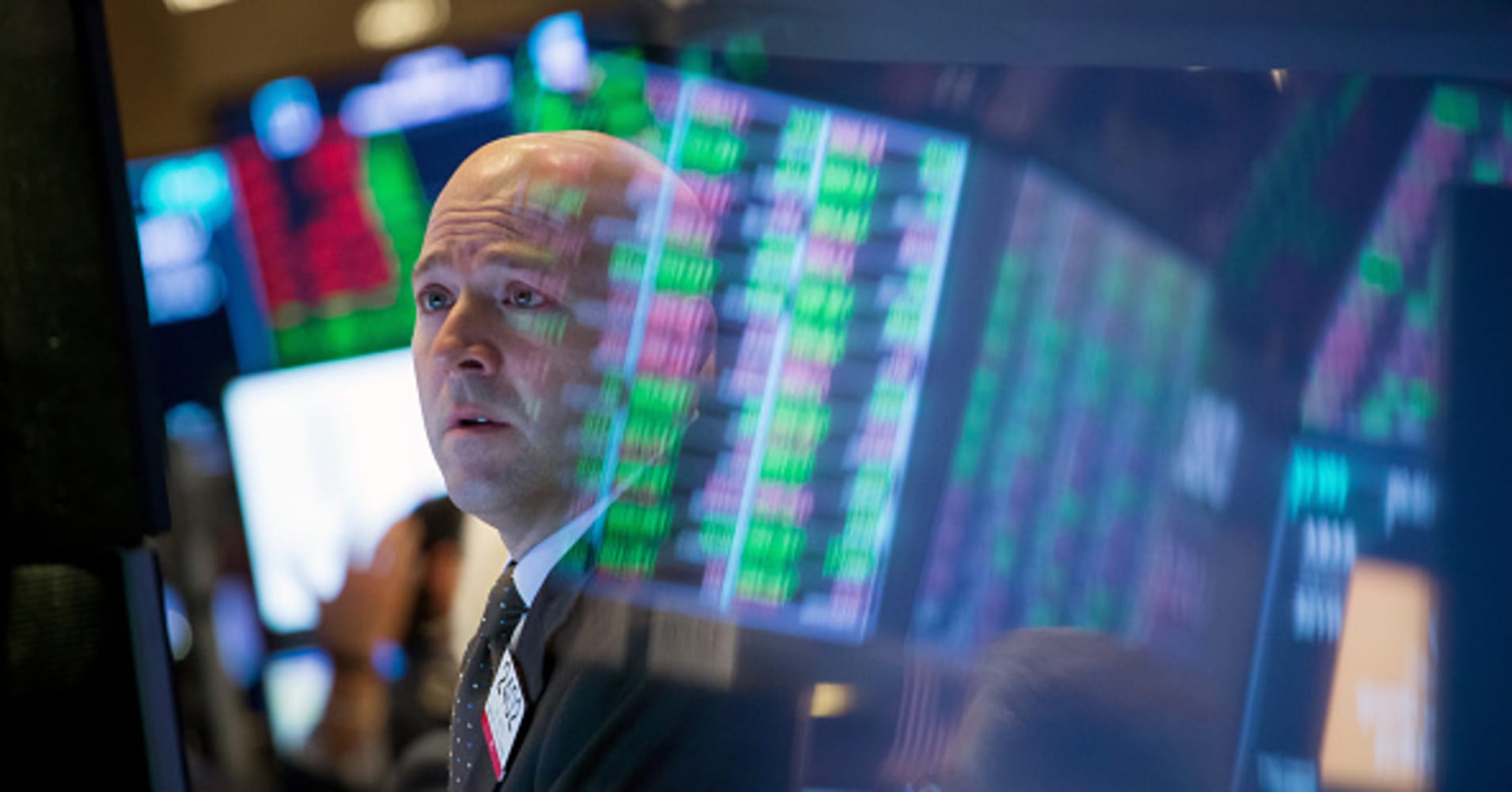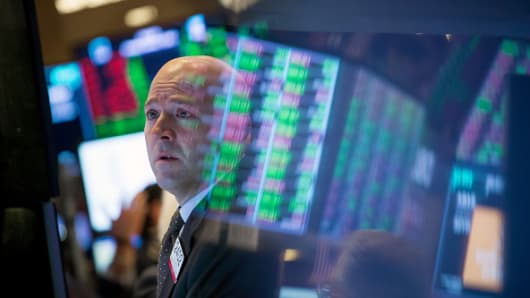"On a valuation basis this market has risen to reflect a macro environment that is materially more positive than the one we currently have, and as a fundamentals-driven analyst, that makes me nervous over the medium term," Essaye said in a note Tuesday.
"The current macro setup much more matches the 'Scattered Storms' scenario, but the market valuation is reflective of a 'Partly Sunny' environment. That's a discrepancy that will have to close," Essaye pointed out, comparing market multiples to a weather forecast.
.1551796287845.jpeg)
The mismatch between fundamental reality and market pricing has had many on Wall Street scratching their heads as stocks' comeback coincided with a wave of downward growth and earnings revisions. The first-quarter earnings growth forecast for the S&P 500 firms has turned negative and consensus first-quarter GDP growth has also been slashed to below 2 percent.
Many have said that what's driving the market is growing optimism about a trade deal with China and the Fed's more "patient" approach to tightening.
"Either markets have to come down to where growth expectations are, or growth and earnings expectations have to move higher to justify current market valuations," Torsten Slok, Deutsche Bank's chief international economist, said in a note last week.
Everything will be OK seems to be the market's mantra for the past few months, but if things don't end up the way the market assumed, the S&P 500 multiple could come down to 15.5 times to 15 times, dragging the S&P 500 down by 5 to 10 percent, Essaye said.
WATCH: Is an earnings recession on the way?




.1551796287845.jpeg)

